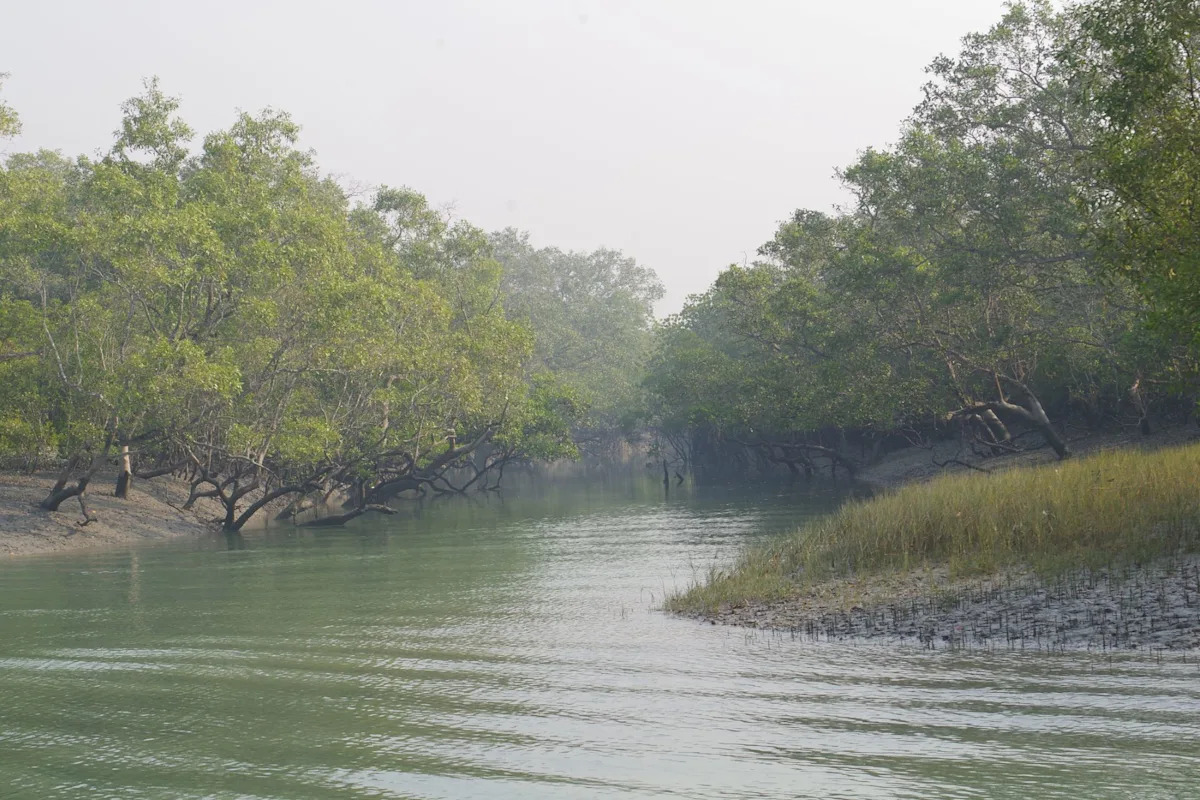When a rarely spotted animal comes out of the woodwork, conservationists and everyday people alike can celebrate.
In September, The Statesman reported the first-ever sighting of West Bengal’s state animal, the fishing cat, in Paschim Bardhaman (aka West Burdwan), West Bengal, India.
A camera was set up by the Wildlife Information and Nature Guide Society to capture images of the Indian grey wolf, but it photographed the fishing cat near the coal mines in Madhaiganj.
This lucky accident has given cat conservationists in West Bengal a glimpse at the reward of their efforts.
Similarly, state forest minister Birbaha Hansda said the rare rusty-spotted cat was recently located for the first time in West Bengal, per The Statesman.
Both the fishing cat and the rusty-spotted cat are classified as vulnerable species by the International Union for Conservation of Nature. Several populations of the fishing cat are endangered, and the rusty spotted cat is near threatened.
Both animals have faced habitat destruction and have been excessively hunted for food and their hide, which are sold in illegal trade markets.
This unfair, human-centered cause for population decline is being combatted by conservation efforts by the Fishing Cat Alliance, per The Statesman. The alliance has been working since 2010, making its efforts the “world’s longest conservation and research project for fishing cats.”
To protect a species from extinction is to protect entire ecosystems. Plants and animals within an ecosystem rely on each other to survive and to stay in balance.
Balance in an ecosystem from biodiversity ensures that communities of people have access to the natural resources that feed and medicate them, according to the International Fund for Animal Welfare.
Without biodiversity, Earth.org says, the climate can become unregulated, and human health can and will suffer.
Thanks to conservation efforts by experts and the average person, who can do their part in protecting animals by living sustainably, there is hope for a bright, diverse future in the natural world.
When humans and animals live in harmony, the consequences benefit the entire planet.
“This [sighting] is very big news for wildlife conservation and preservation in West Bengal,” Hansda said, per The Statesman. “With the increase in forest land, new wild cats, both small and big (leopards) are taking refuge in the forests of South Bengal.”
Join our free newsletter for good news and useful tips, and don’t miss this cool list of easy ways to help yourself while helping the planet.

